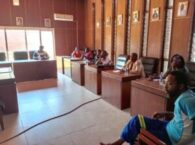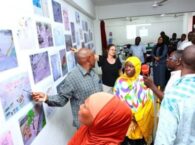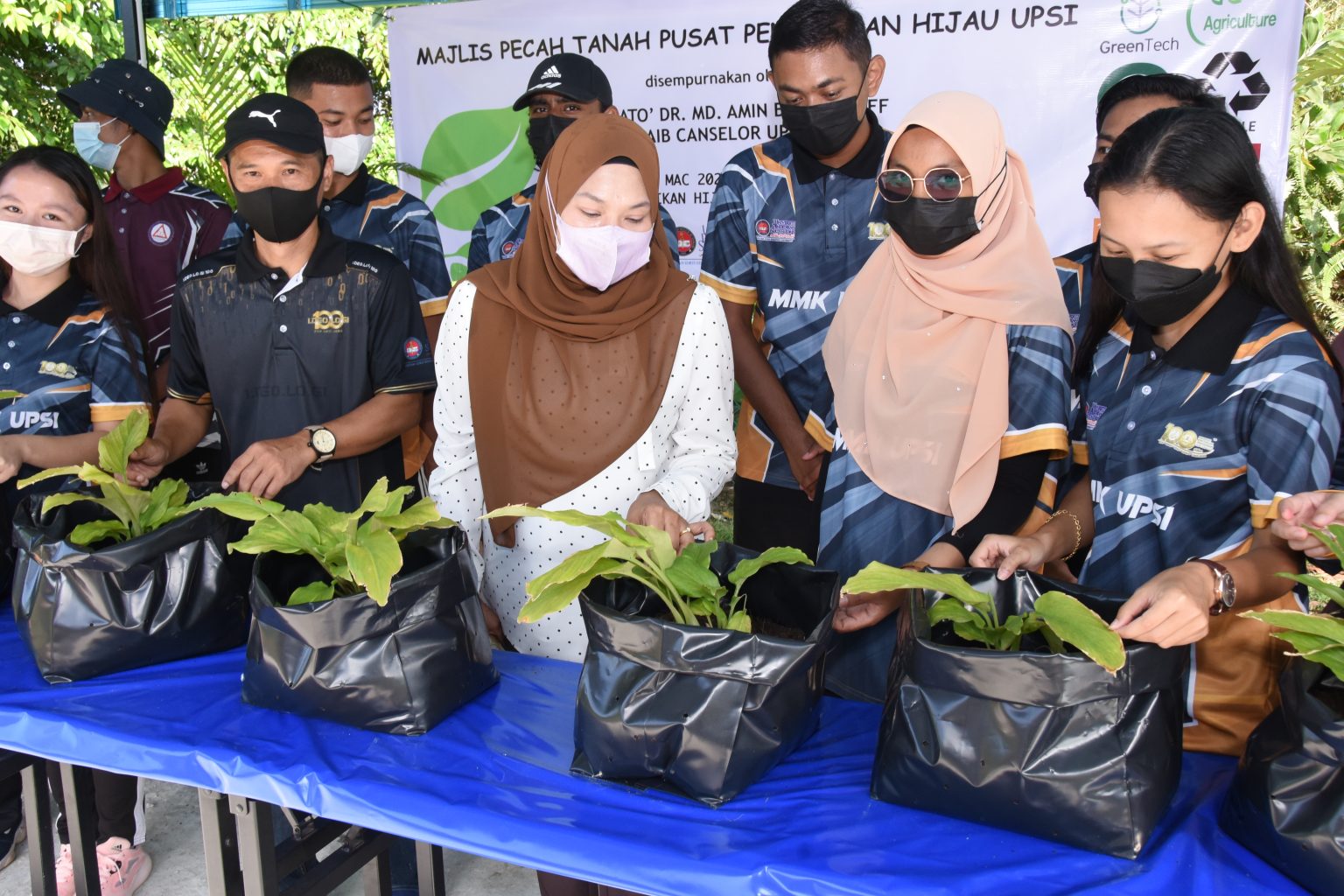
Combating Agricultural Waste and Boosting Farmer Income: Sustainable Smart Farming in Permatang Pauh
Metrics
Community
Seberang Perai City CouncilUniversity
Universiti Pendidikan Sultan IdrisProgram
Universiti Pendidikan Sultan IdrisYears
2021Status
ConfirmedCase Type
Partnership StoriesFocus Areas
Farming Technology, Food Security, Sustainability, Sustainable Agriculture, Sustainable DevelopmentDiscipline
EngineeringRegion
Asia, Global, MalaysiaCommunity Partner Department
City CouncilPolicy
FarmingSustainable Development Goals
1 No Poverty, 10 Reduced Inequalities, 2 Zero Hunger, 4 Quality Education, 6 Clean Water and Sanitation, 8 Decent Work and Economic GrowthEven though the State of Penang is experiencing urban expansion, a large part of the state has desakota characteristics (urban and agricultural forms of land use coexist). In the town of Permatang Pauh, Seberang Perai District, there are 4,070 hectares of agricultural land, with an estimated 2,000 farmers. Many of these farmers engage in wet-rice farming. Unfortunately, inefficient agricultural waste management increases the threat to the environment and the livelihood of the people as most farmers dispose of their wastes through either landfill or open-air incineration. The Seberang Perai City Council would like to improve the livelihood of the people and reduce the negative externalities to the environment.

The Problem
Permatang Pauh’s paddy farmers were facing two critical challenges: inefficient agricultural waste management and shrinking incomes. The burning of paddy husk post-harvest contributed significantly to greenhouse gas emissions, deteriorating air quality, and increasing health risks. Many farmers relied on outdated practices, with over 80% resorting to open burning. With most farmers nearing retirement age and limited exposure to modern farming methods, their ability to generate sustainable income was severely impacted. The community needed a solution to both reduce environmental harm and increase the farmers’ profitability.

The Opportunity
Recognizing that better waste management could lead to environmental and economic benefits, the EPIC Model was adopted to empower farmers and youth. If local farmers could learn sustainable practices like composting and aquaponics, they could turn agricultural waste into valuable organic compost, boost crop yield, and diversify their income. The project envisioned a greener future through smart farming, where knowledge-sharing between academia, local government, and industry could spark lasting change.
The Partnership
The project was led by Sultan Idris Education University (UPSI) in partnership with the Seberang Perai City Council (MBSP) and Urbanest Sdn Bhd. Prof. Dr. Che Zalina Zulkifli from UPSI spearheaded the initiative, bringing expertise from university professors and students. “This collaboration bridges the gap between academia and the real-world challenges farmers face,” said Prof. Che Zalina. The Green Edu Centre, the first of its kind in Malaysia, provided the training ground for the 42 farmers and youth. “We aim to localize the technology, making it accessible and affordable for the community,” said a representative from Urbanest. MBSP’s involvement ensured the program aligned with local government initiatives to promote sustainability. Together, the partnership trained participants in composting, aquaponics, and fertigation techniques, all designed to reduce environmental damage while increasing income potential.
The Result
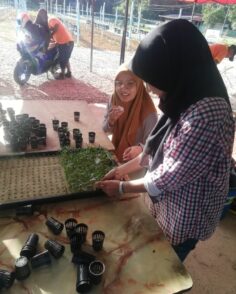
The results were immediate and promising. “97.5% of participants rated the program 4 or 5 stars,” said Karthigayan Gunasegaran, a project lead from UPSI. Farmers who had never received formal training before learned how to turn agricultural waste into organic compost, drastically reducing their reliance on harmful practices like open burning. “The training gave us the tools we needed to not only protect our land but also make more money,” shared one local farmer. The Green Edu Centre is now a hub for ongoing research and community education, ensuring the knowledge continues to grow beyond the initial project.
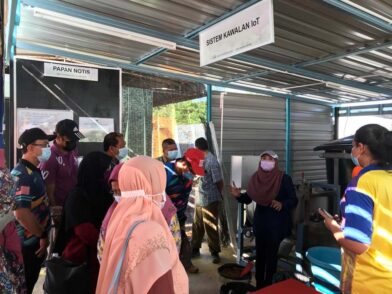
Looking Ahead
The partnership is committed to continuing its support for farmers in Permatang Pauh. Plans are already in place for follow-up training sessions that will focus on expanding smart farming techniques to more farmers. With the right funding, the program will also incorporate an agro-business component, helping farmers access new markets and reduce their reliance on traditional wholesale channels. The journey toward sustainable, smart farming is just beginning, and the partnership aims to keep the momentum going for years to come.

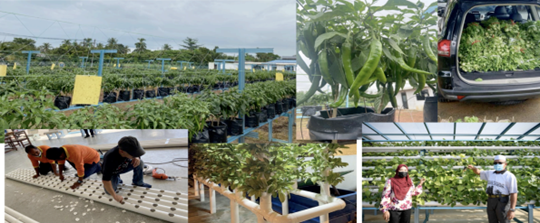
Partnership Contact Information
Seberang Perai City Council Contact
Mr. Chew Eng Seng
Local Agenda 21 Officer
Seberang Perai City Council
eschew@mbsp.gov.my
Written by: Alice Murphy
Edited by: Kay Phanthuwongpakdee

